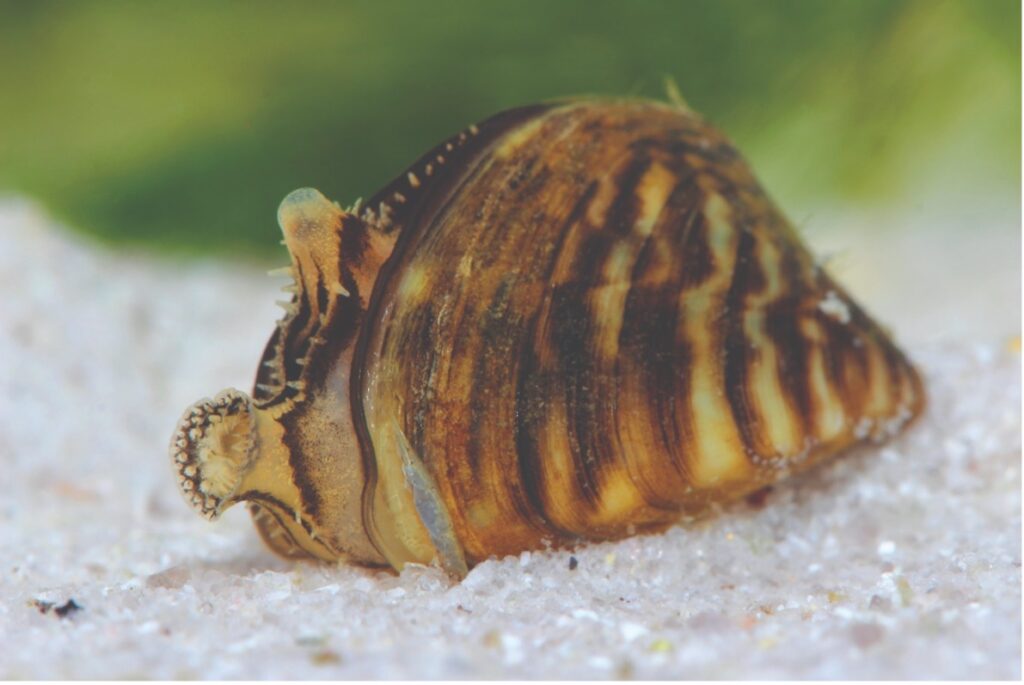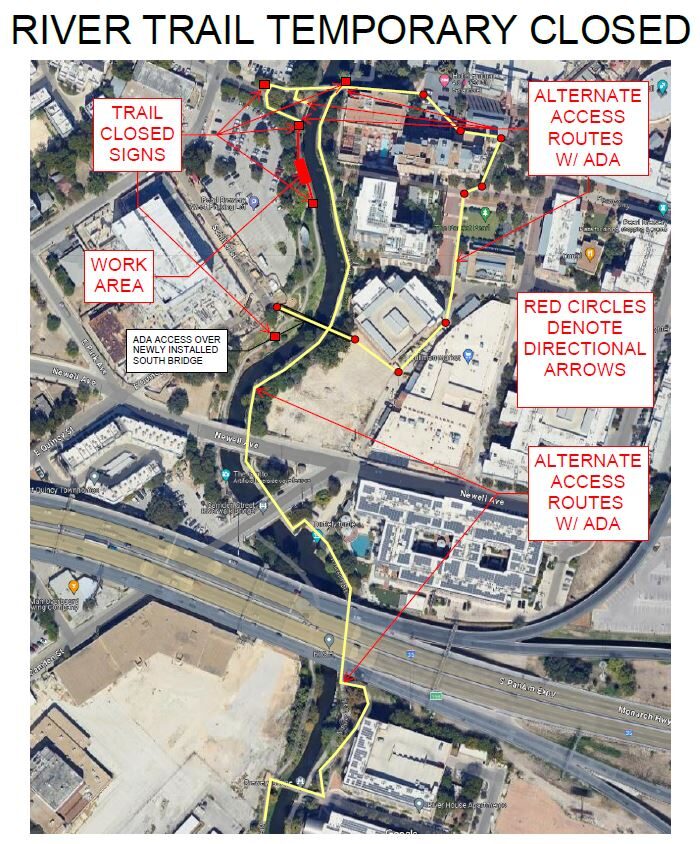Last Updated on January 30, 2024
Mussels have been in the news in recent years for two main reasons:
1) they are imperiled, threatened, or endangered and in desperate need of conservation, or
2) they are invasive and spreading throughout the United States at an alarming rate.
How can both statements be true? Well, the freshwater mussels native to our river need conservation. On the other hand, zebra mussels (Dreissena polymorpha), a species of mussel native only to Eastern Europe, are prolific invaders. Zebra mussels can cause many issues by using their strong byssal threads (think of this as powerful glue) to attach to surfaces, including kayaks, the inside of boats and motors, the interior of pipes, docks, and many other structures. They have underwhelming size of 2 inches, yet they populate in large, extensive colonies, sometimes made up of more than 700,000 individuals, in freshwater areas, such as lakes and rivers. This leads to billions of dollars in damage every year. What a clam-ity! Our native freshwater mussels, on the other hand, do not have the same kind of strong byssal threads or cause any damage to infrastructure; instead, they gently burrow in the sediment in lakes, streams, and rivers.
From left to right: Threeridge mussels (a species of native mussel) and zebra mussels. Zebra mussels are often no bigger than a penny, making them hard to detect. (Photo Cred: Amy Benson, USGS)
Are there zebra mussels in the San Antonio River?
Zebra mussels have spread throughout the United States and have even infested many lakes and rivers in Texas. This is because they reproduce at a rapid rate, do not rely on fish hosts, and do not have any natural predators. Learn more about freshwater mussel reproduction and fish hosts in an earlier blog! Within the San Antonio River Watershed (also known as San Antonio River Basin), Medina Lake and Diversion Lake (a private lake downstream of Medina Lake) are the only water bodies that have positive identification of zebra mussels. However, none have yet been detected in the Medina River. San Antonio River Authority (River Authority) biologists are actively monitoring the San Antonio River and its tributaries to stop the spread of zebra mussels. The River Authority is taking a proactive approach and is also actively engaging the public through educational outreach efforts with the goal of stopping zebra mussels from reaching other waterways across the state and limiting the spread within the watershed.
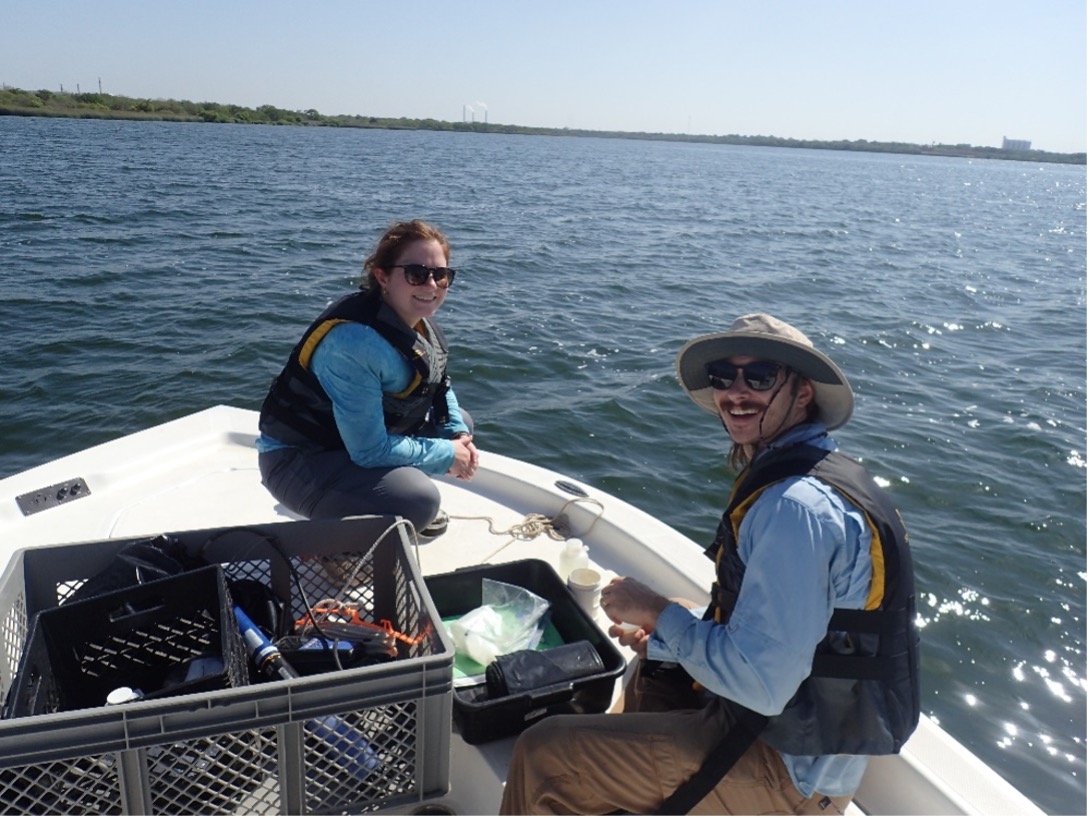
Aquatic biologists Caille Paulsen and Austin Davis monitor for zebra mussels at Victor Braunig Lake.
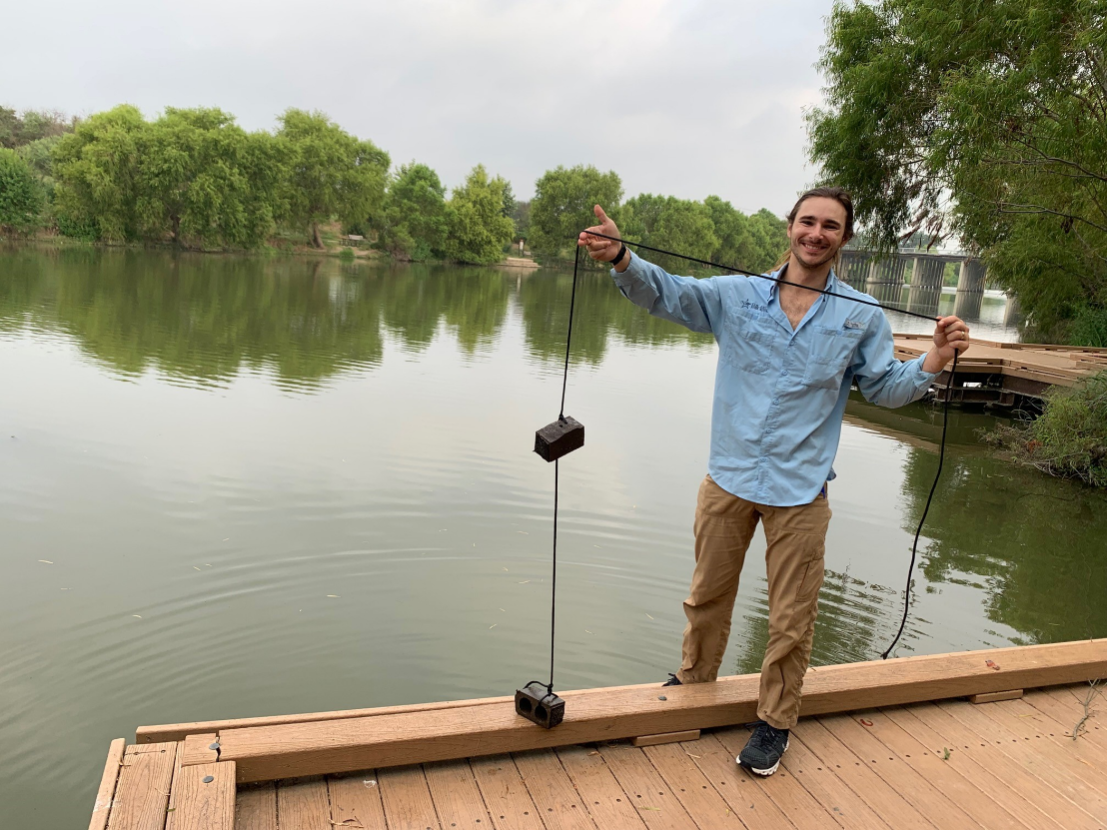
Aquatic biologist Austin Davis checks a settlement sampler for evidence of zebra mussels. A settlement sampler is a simple brick or block meant to capture adult mussels seeking to settle and attach themselves to a solid surface.
What can I do to prevent the spread of zebra mussels?
Zebra mussels are most likely transported by people who boat or fish in an infected water body and then unknowingly carry the juvenile zebra mussels to new freshwater bodies. “How is that possible?” you might ask.
Zebra mussels multiply rapidly, with adult females releasing up to 1 million eggs into the water per year! The newly hatched mussels are not visible to the naked eye and are easily carried to other waterways by boats and equipment. What makes this even more problematic is mussels can live out of water up to seven days. Therefore, the Texas Parks and Wildlife Department (TPWD) and River Authority require both motorized and non-motorized boat recreationists as well as people who fish recreationally to do the following:
- Clean your watercraft, anchor, trailer, and gear. Remove any plants, animals, or foreign objects.
- Drain all water from your watercraft and completely empty your bait buckets to rid them of possible microscopic zebra mussels and larvae. (This applies to all types and sizes of boats. Violations are Class C misdemeanors for the first offense, punishable with a fine of up to $500.)
- Dry everything for a week or more before entering another water body. If unable to dry it thoroughly, wash it with high-pressure, hot (140° F), soapy water.
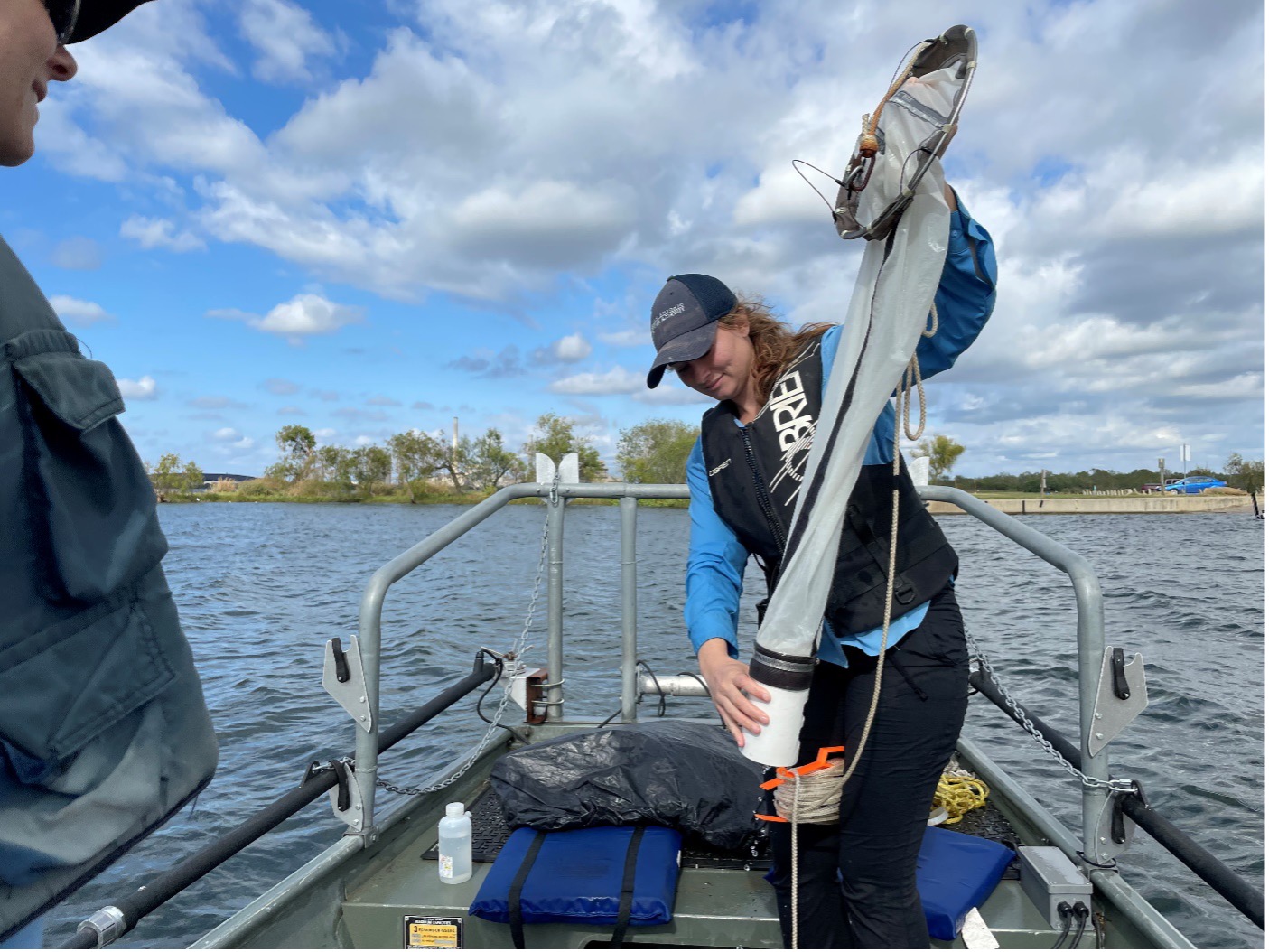
River Authority scientists sample for zebra mussels at Calaveras Lake.
The public is encouraged to learn more about zebra mussels and help stop their spread by following the directions above and reporting sightings to both the River Authority and TPWD. To do so, contact the River Authority’s Environmental Investigations team online or by calling 866-345-7272 and use the TPWD online reporting system found on the Texas Invasives webpage. Together, we can all do our part to help our native freshwater mussels!
The River Reach is back!
River Reach is a quarterly, 12-page newsletter that is designed to inform the San Antonio River Authority’s constituents about the agency’s many projects, serve as a communication vehicle for the board of directors and foster a sense of unity and identity among the residents of Bexar, Wilson, Karnes, and Goliad counties.
If you wish to be placed on the mailing list for River Reach, please contact us or complete the form.

